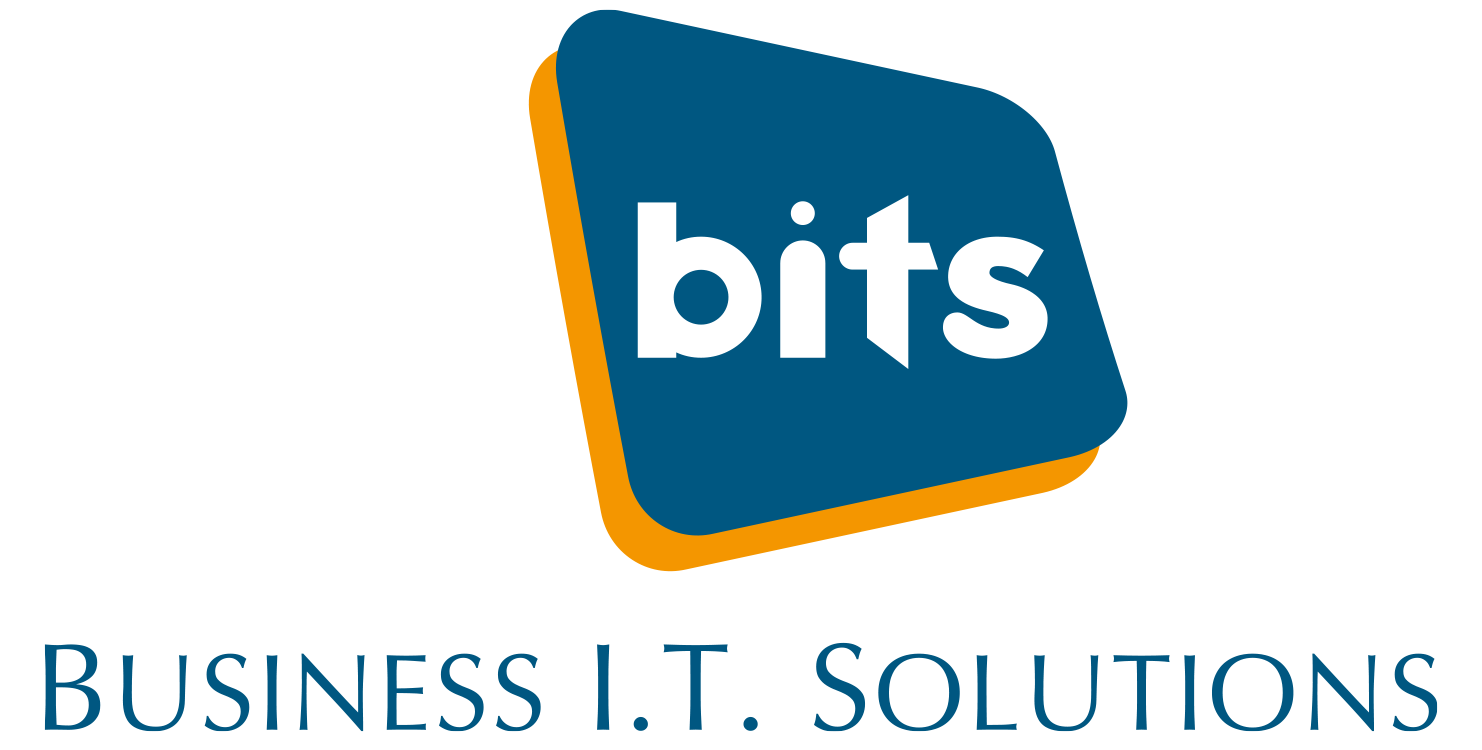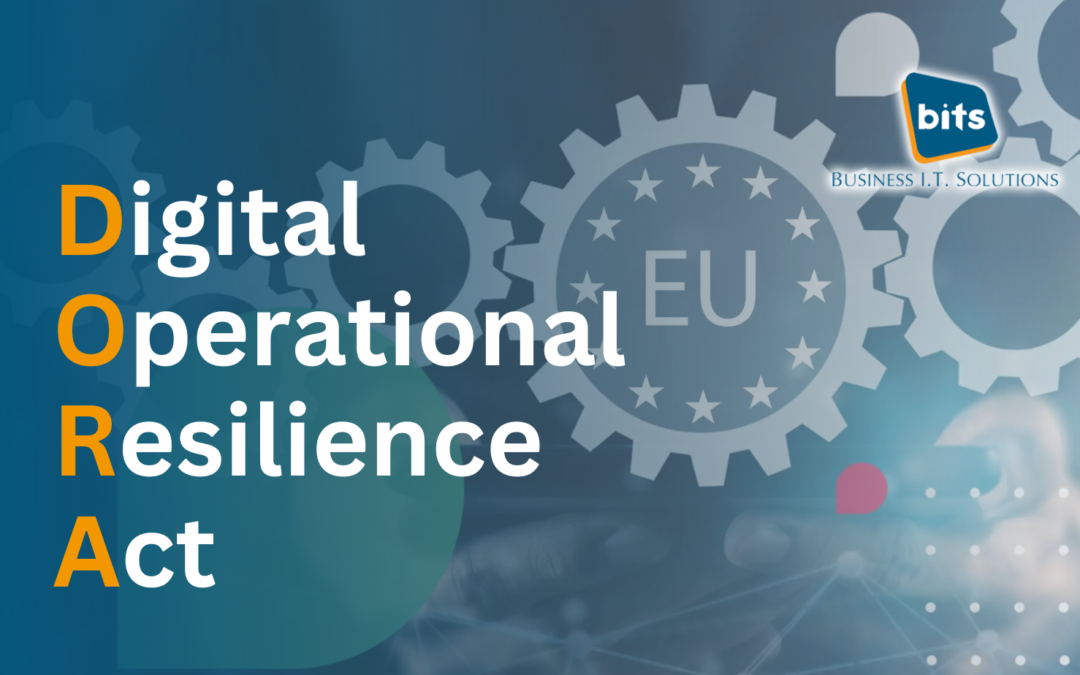What is DORA?
In a time when digital transformation is pivotal, ensuring the resilience of digital operations within organisations, particularly the financial sector, is more crucial than ever. The Digital Operational Resilience Act, commonly known as DORA, is a legislative framework aimed at strengthening the operational resilience of financial institutions within the European Union. This blog will delve into its significance, and its implications for businesses.
Officially adopted on November 24, 2022, and coming into full effect in January 2025, DORA aims to ensure that financial institutions can withstand and recover from all types of ICT-related disruptions and threats. It mandates comprehensive risk management, incident reporting, and third-party risk oversight.
The Digital Operational Resilience Act represents a significant step forward in protecting the financial sector’s digital infrastructure. By setting high standards, DORA aims to create a more secure and stable financial environment. For financial institutions, this means a greater focus on compliance and resilience, ultimately contributing to the sector’s long-term sustainability and consumer confidence.
As we move deeper into the digital age, the importance of such regulatory frameworks cannot be overstated. DORA is not just a regulatory requirement but a crucial component in the broader effort to enhance the security and resilience of the financial ecosystem in the face of ever-evolving digital threats. The cyber resilience of any company, not just those in financial services, serves as the frontline in the fight against cybercriminals. While regulations like DORA may seem bureaucratic, they are crafted to protect us all. Business I.T. Solutions work closely with many clients in the financial sector and can help you explore your next steps on the road towards DORA compliance.
Read on for more detail.
Key Components of DORA
- Risk Management
DORA requires businesses to implement robust risk management frameworks that specifically address ICT (Information and Communication Technology) risks. This includes identifying, assessing, and mitigating risks associated with digital operations. Regular testing and updating of these frameworks are mandated to ensure they remain effective in the face of evolving threats.
- Incident Reporting
The act enforces stringent requirements for reporting significant ICT-related incidents. Businesses must report major incidents to competent authorities in a timely manner. This is designed to enhance transparency and enable a coordinated response to major disruptions across the financial sector.
- Third-Party Risk Management
DORA places significant emphasis on managing risks related to third-party service providers, particularly those offering ICT services. Organisations are required to conduct thorough due diligence and maintain comprehensive oversight over third-party providers to ensure they meet the same resilience standards.
- Testing and Resilience
Organisations must regularly test their ICT systems’ resilience through advanced testing methodologies like threat-led penetration testing. This helps in identifying potential vulnerabilities and ensuring that systems can withstand real-world cyber threats.
- Information Sharing
DORA promotes the sharing of cyber threat information among financial institutions. This collaborative approach is aimed at enhancing collective defence mechanisms and fostering a culture of transparency and mutual support within the financial ecosystem.
Congratulations to Elaine Costello, our Head of Sales, on recently qualifying as a DORA compliance specialist.

Cyber resilience is crucial for all companies, not just those in financial services, as it forms the frontline defence against cyber criminals. Although regulations like DORA may seem overly bureaucratic, they are crafted to protect everyone. Elaine and the team at BITS are developing a framework to ensure all our clients in the financial services are DORA ready in line with their compliance obligations.
Why is DORA Significant?
- Enhanced Security and Stability
By mandating rigorous risk management and incident reporting, DORA aims to strengthen the overall security and stability of the business sector. This is crucial in an age where cyber threats are becoming increasingly sophisticated and damaging.
- Consumer Protection
DORA benefits consumers by ensuring that financial services remain available and secure, even in the face of significant ICT disruptions. This builds trust and confidence in the financial system.
- Regulatory Harmonization
DORA creates a unified regulatory framework across the EU, reducing fragmentation and ensuring that all business institutions adhere to the same high standards of digital operational resilience. This harmonization is vital for maintaining a level playing field within the EU’s financial sector.
- Proactive Risk Management
By requiring financial institutions to proactively identify and mitigate risks, DORA encourages a shift from a reactive to a proactive approach in managing digital operational resilience. This can significantly reduce the impact of potential disruptions.
Implications for Organisations
- Increased Compliance Requirements
Financial institutions will need to invest in enhancing their ICT risk management frameworks to comply with DORA’s stringent requirements. This may involve adopting new technologies, hiring skilled personnel, and conducting regular training.
- Greater Oversight on Third-Party Providers
The need for comprehensive oversight of third-party ICT providers means that financial institutions must establish robust vendor management processes. This includes conducting regular audits and ensuring that providers meet DORA’s resilience standards.
- Resource Allocation
Complying with DORA may require significant resource allocation, both in terms of finances and personnel. Financial institutions will need to balance these requirements with their operational and strategic goals.
- Continuous Adaptation
As DORA emphasises ongoing risk management and regular testing, financial institutions must be prepared to continuously adapt their systems and processes to keep up with evolving threats and regulatory updates.
Contact Business I.T. Solutions for more information.

